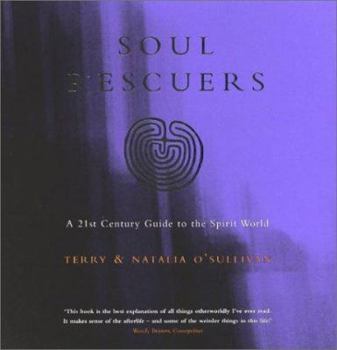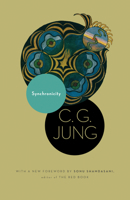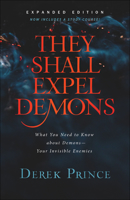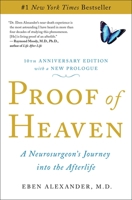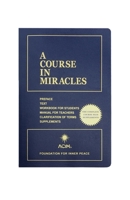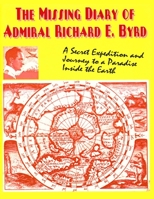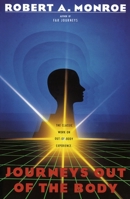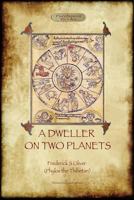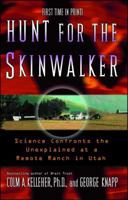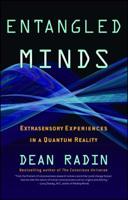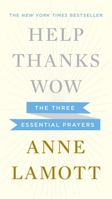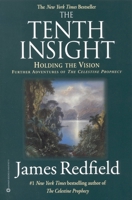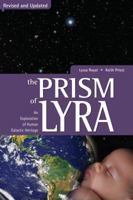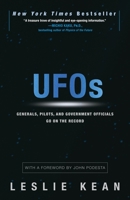The Soul Rescuers: A 21st Century Guide to the Spirit World
Select Format
Select Condition 
You Might Also Enjoy
Book Overview
Customer Reviews
Rated 4 starsReview from ....
A fascinating book, if you have had frequent brushes with those that have died and not gone to a heaven of some sort or other then this is a book for you. I spent the first part of the book wanting to meet the O'Sullivan's to compare ghost busting notes, the second part being slightly frustrated by the emphasis on Tibetan Buddhism. I came away with the decision that the overt Buddhism did not outweigh the help that this book...
0Report
Rated 5 starsA wonderful book about helping Spirits/Souls....
I am nearing the end of this book and am saddened by that fact since there doesn't seem to be a whole lot written about understanding ghosts/spirits who have not left this dimension. I have found this book to be a wonderful resource for what I have felt and known all along, but have now found validated in print. It's encouraging to know that people, as sensitive as these authors, are out there helping others, even if we...
0Report
Rated 5 starsA Truthful Account
A quite amazing and honest account of how a young boys open mindedness brought him on to a road of clearing wandering spirits. A book to take away the fears of anyone who has been bothered by bumps in the night. Easy reading and interesting.
0Report
Rated 5 starsA fascinating trip into the unknown!
Truly a must read for anyone interested in the realm of the dead and ghosts.The O'Sullivans come off the pages as bright, articulate young people who really know their 'turf' and take the reader along on a detail filled ride through their unusual profession. Refreshingly devoid of the heavy handed moralizing one finds in some books in this topic, Soul Rescuers possesses lots of good information and goose pimple producing...
0Report











